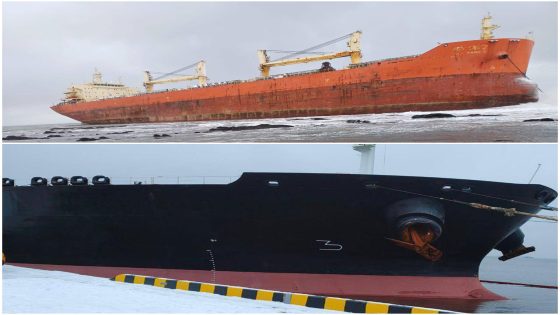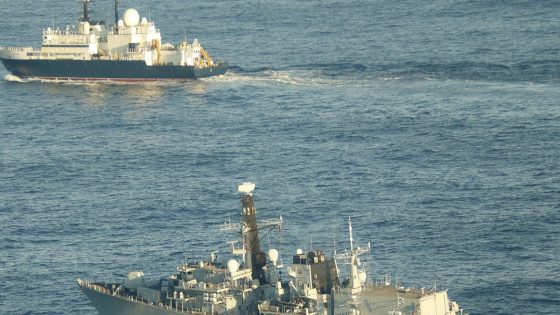On February 9, 2025, two ships carrying Russian oil sank in the Pacific and Baltic seas. This event adds to the ongoing concerns regarding the safety and environmental impact of Russia’s maritime oil transport amid escalating geopolitical tensions.
- Two ships carrying Russian oil are sinking.
- Explosions reported near Putin's home city.
- Engine room explosion at Ust-Luga port.
- Shadow fleet tanker damaged in Russian port.
- Finland prepares for potential oil spill.
The sinking of the two oil-carrying vessels marks a significant event in the context of Russia’s maritime activities. These incidents have raised alarms about potential environmental disasters, especially in sensitive marine ecosystems. The ships were reportedly part of a larger fleet involved in transporting oil amid sanctions and increased scrutiny of Russia’s oil exports.
Key details surrounding the incident include:
- Location: Pacific and Baltic seas.
- Date of incident: February 9, 2025.
- Type of cargo: Russian oil.
In addition to the sinking ships, there have been reports of explosions affecting Russian tankers in various ports. For instance, a tanker suffered an engine room explosion at the Ust-Luga port, which is close to significant shipping routes. This incident further complicates Russia’s oil transport logistics and raises questions about the safety measures in place for these vessels.
As the situation develops, the potential for oil spills and other environmental impacts remains a critical concern for neighboring countries. The international community is closely monitoring these incidents, given the implications for maritime safety and environmental protection.
The recent sinkings of Russian oil ships highlight the ongoing risks associated with maritime oil transport in a politically charged environment. As the situation evolves, the focus will likely remain on ensuring maritime safety and protecting vulnerable ecosystems from potential spills.

































